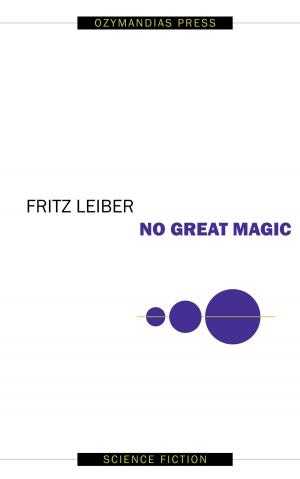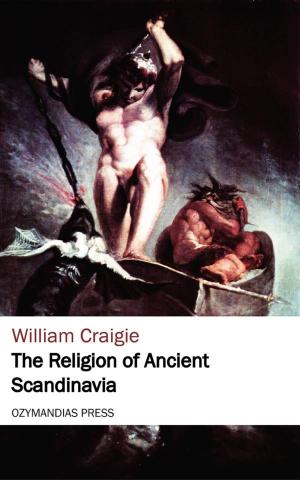Creative Intelligence [Halls of Wisdom]
Nonfiction, Religion & Spirituality, Philosophy, Pragmatism, Health & Well Being, Psychology, Creative Ability| Author: | John Dewey, Addison Moore, Harold Chapman-Brown, George Mead, Boyd Bode, Henry Stuart, James Tufts, Horace Kallen | ISBN: | 9781508098522 |
| Publisher: | Ozymandias Press | Publication: | February 8, 2016 |
| Imprint: | Language: | English |
| Author: | John Dewey, Addison Moore, Harold Chapman-Brown, George Mead, Boyd Bode, Henry Stuart, James Tufts, Horace Kallen |
| ISBN: | 9781508098522 |
| Publisher: | Ozymandias Press |
| Publication: | February 8, 2016 |
| Imprint: | |
| Language: | English |
The Essays which follow represent an attempt at intellectual coöperation. No effort has been made, however, to attain unanimity of belief nor to proffer a platform of "planks" on which there is agreement. The consensus represented lies primarily in outlook, in conviction of what is most likely to be fruitful in method of approach. As the title page suggests, the volume presents a unity in attitude rather than a uniformity in results. Consequently each writer is definitively responsible only for his own essay. The reader will note that the Essays endeavor to embody the common attitude in application to specific fields of inquiry which have been historically associated with philosophy rather than as a thing by itself. Beginning with philosophy itself, subsequent contributions discuss its application to logic, to mathematics, to physical science, to psychology, to ethics, to economics, and then again to philosophy itself in conjunction with esthetics and religion. The reader will probably find that the significant points of agreement have to do with the ideas of the genuineness of the future, of intelligence as the organ for determining the quality of that future so far as it can come within human control, and of a courageously inventive individual as the bearer of a creatively employed mind...
____
[Halls of Wisdom]
From Buddha to Confucius to Plato and down the spiral of time to Kant, Nietzsche and Russell, the Halls of Wisdom are filled to overflowing, yet barely full. Explore the cavernous teachings of the masters, get lost in the art of wonder, and fall in love with wisdom.
The only thing you can lose are your chains.
The Essays which follow represent an attempt at intellectual coöperation. No effort has been made, however, to attain unanimity of belief nor to proffer a platform of "planks" on which there is agreement. The consensus represented lies primarily in outlook, in conviction of what is most likely to be fruitful in method of approach. As the title page suggests, the volume presents a unity in attitude rather than a uniformity in results. Consequently each writer is definitively responsible only for his own essay. The reader will note that the Essays endeavor to embody the common attitude in application to specific fields of inquiry which have been historically associated with philosophy rather than as a thing by itself. Beginning with philosophy itself, subsequent contributions discuss its application to logic, to mathematics, to physical science, to psychology, to ethics, to economics, and then again to philosophy itself in conjunction with esthetics and religion. The reader will probably find that the significant points of agreement have to do with the ideas of the genuineness of the future, of intelligence as the organ for determining the quality of that future so far as it can come within human control, and of a courageously inventive individual as the bearer of a creatively employed mind...
____
[Halls of Wisdom]
From Buddha to Confucius to Plato and down the spiral of time to Kant, Nietzsche and Russell, the Halls of Wisdom are filled to overflowing, yet barely full. Explore the cavernous teachings of the masters, get lost in the art of wonder, and fall in love with wisdom.
The only thing you can lose are your chains.
![Cover of the book Creative Intelligence [Halls of Wisdom] by John Dewey, Addison Moore, Harold Chapman-Brown, George Mead, Boyd Bode, Henry Stuart, James Tufts, Horace Kallen, Ozymandias Press](https://www.kuoky.com/images/2016/february/500x500/9781508098522-jZ87_500x.jpg)














